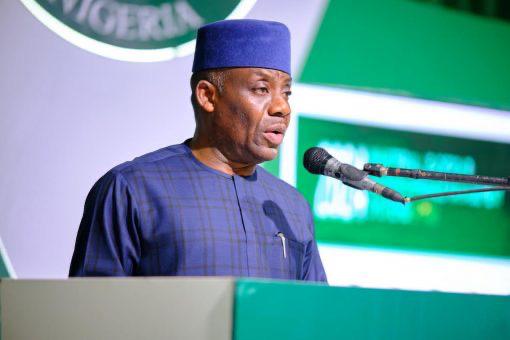
Nigeria’s Minister of Education, Dr. Maruf Tunji Alausa, has called on academic unions to suspend planned industrial actions, assuring them that the Federal Government is actively engaged in comprehensive negotiations to address long-standing issues in the tertiary education sector.
Speaking during a media briefing on Monday, Dr. Alausa emphasized that striking at a time when talks are ongoing would be counterproductive. He urged the Academic Staff Union of Universities (ASUU), the Academic Staff Union of Polytechnics (ASUP), and other tertiary education unions to allow the government time to implement a sustainable resolution.
“I have met with them and assured them that the government is working to meet their commitments,” Alausa said. “Whatever we do, we must do it holistically in a way that accommodates ASUU, ASUP, and COEASU. There is no reason for any strike to happen because the government is working, and I am engaging directly with the unions.”
This appeal comes as tension rises across the nation’s academic institutions. ASUP’s 21-day ultimatum expired on Sunday, while the Senior Staff Association of Nigerian Polytechnics (SSANIP) issued its own 21-day notice starting August 27. ASUU recently held a nationwide protest on August 26 and is expected to announce its next steps following internal consultations.
Dr. Alausa reiterated that President Bola Tinubu’s administration is committed to resolving the challenges facing tertiary institutions, highlighting that the government has expanded the Yayale Ahmed-led committee to engage with all unions collectively rather than in isolation.
“These are problems that have lingered for at least 16 years,” he said. “We have addressed many of the immediate concerns. Now, we are focusing on improving conditions of service and ensuring that all unions are carried along. The President has given a clear directive: students must remain in school.”
While acknowledging the unions’ demands and the need for increased education funding, Alausa cautioned that any agreements must be realistic and reflect the country’s broader economic constraints.
